COVID-19’s Impact on E-Commerce
The pandemic and subsequent quarantine measures have greatly accelerated our dependence on online retailers, according to Andrew Chung of Innovo Property Group.
The COVID-19 pandemic has led to a large increase in demand for home delivery. The pandemic and subsequent quarantine measures have greatly accelerated our dependence on online retailers; we reached a point of reliance in two to three months, although we were predicted to take two to three years. Consumers have been accustomed to using home delivery for a variety of purchases, but are relying on these services for their grocery needs at unprecedented levels. E-commerce sales increased by 49 percent in April, led by the grocery sector, which saw a surge of 110 percent in daily sales between March and April.
In a time of crisis, many consumers want to purchase food, medical supplies and other essential goods online instead of at their local brick-and-mortar retailer. Long or delayed delivery times pose a threat not only to consumer trust and confidence but also to their access to crucial items. The final step in a consumer’s e-commerce experience is dictated by last-mile delivery and fulfillment operators, and if packages arrive late or damaged, retailers suffer.
Last-mile delivery logistics have long been a top area of focus for retailers and supply chain professionals, but the pandemic has quickened a number of important trends in the industry and its impact will include significant changes to the way that last-mile delivery and fulfillment is managed in the future.
Supply chains in the United States are incredibly strained as a result of the pandemic. While producers, retailers and last-mile facilities alike are leveraging new technologies to meet consumers’ expectations, the need for a robust network of urban warehouses strategically placed near large populations centers has never been clearer. The future of the delivery and fulfillment industry will be large, modern last-mile solutions that leverage proximity to the consumer first and foremost. Modern urban warehouses are also built to accommodate new technologies, which are meant to help streamline services and speed up delivery processes.
Last-mile delivery costs are estimated to account for up to 53 percent of total delivery cost, and urban warehouses can lower costs for retailers and logistics operators by minimizing inventory-carrying costs and fuel costs for vehicles, for example. They can also mitigate complications arising from traffic congestion, as well as help to provide enhanced options for final delivery. It’s far easier to schedule deliveries and drop-offs so as to avoid package theft, for instance, if the last mile is from the Bronx to Manhattan, rather than a rural or suburban location.
Much has been written about empty store shelves and long lines at grocery stores, pharmacies and other local retailers, but it is equally important to acknowledge the unprecedented effort being undertaken to resupply these stores with fresh inventory each day. Local grocers rely on local warehouses to keep essential items in stock, just as distant e-commerce companies rely on local facilities to carry out last-mile operations to their customers around the country. Warehousing goods closer to their final destination is crucial to both efforts, as consumers need and want short delivery times for online purchases and an end to shortages at brick-and-mortar retailers.
The challenges facing the supply chain industry are clear: we have seen a large increase in consumer demand for home delivery, consumer stockpiling of food and essential goods, and the acceleration of existing trends in the expectations for fast and efficient delivery. The most viable solution to these challenges is to ensure that goods are warehoused in last-mile urban facilities close to the consumer and with the necessary capacity to ensure quick delivery.
Andrew Chung is the CEO of Innovo Property Group, a leading New York City-based real estate investment and operating company, which he founded in 2015. IPG is backed by Nan Fung Group and focuses on value-add developments and redevelopments in the outer boroughs. Under Chung’s leadership, the company has become one of the most active industrial players in the city and focuses on urban and last-mile warehouse facilities.


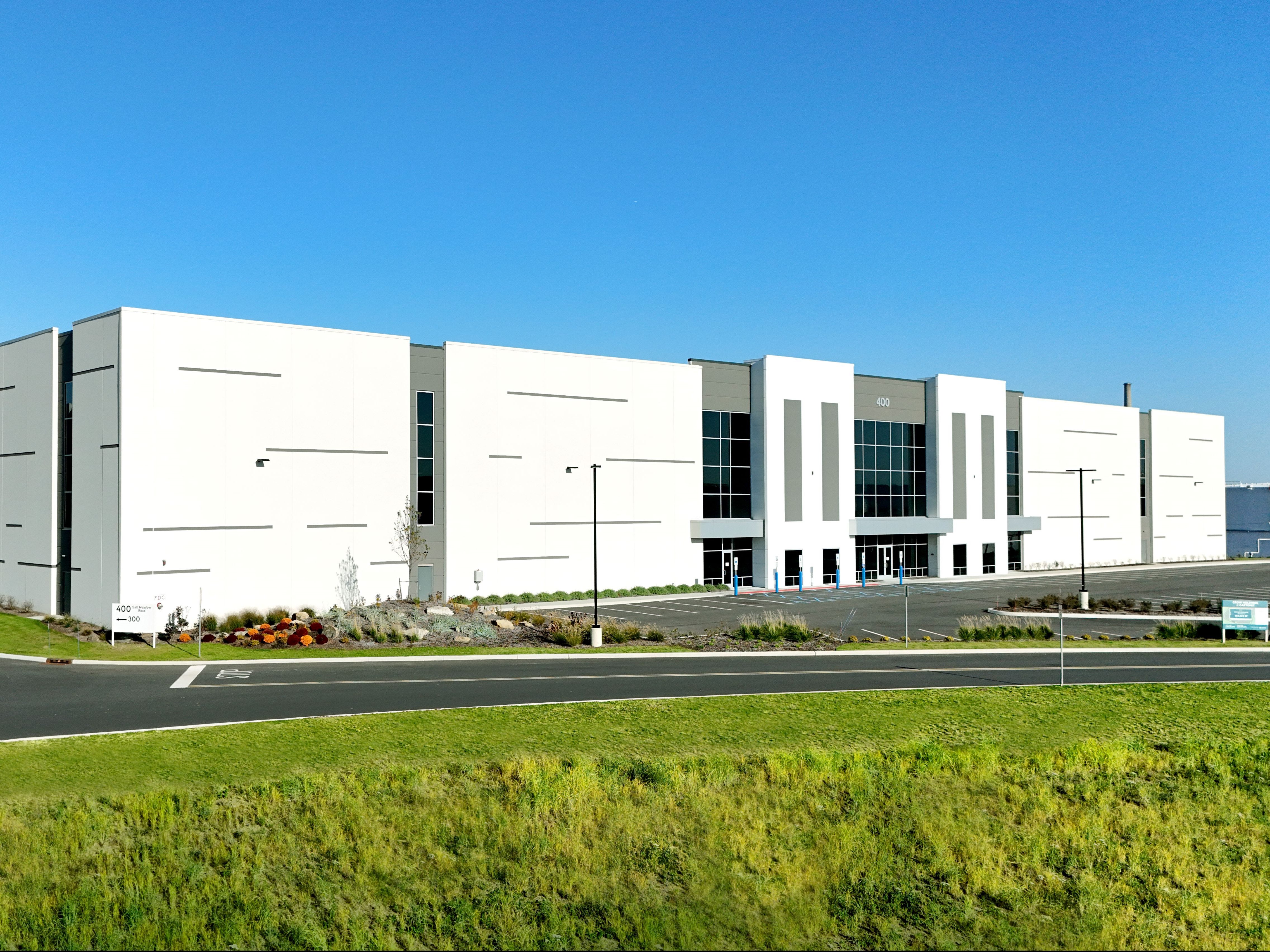
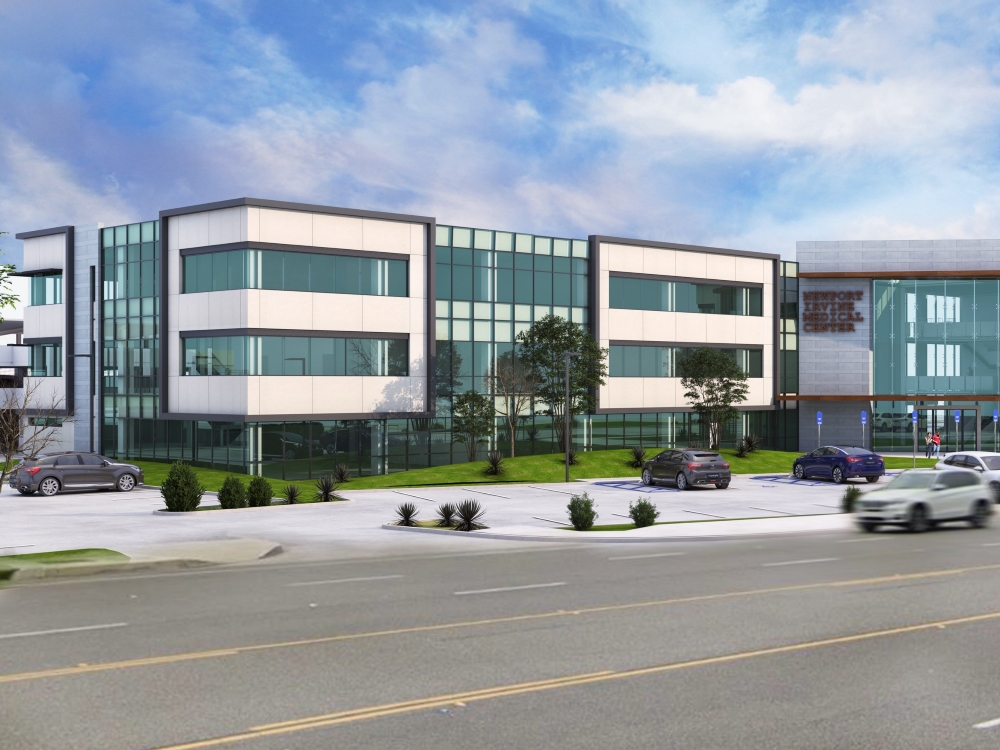
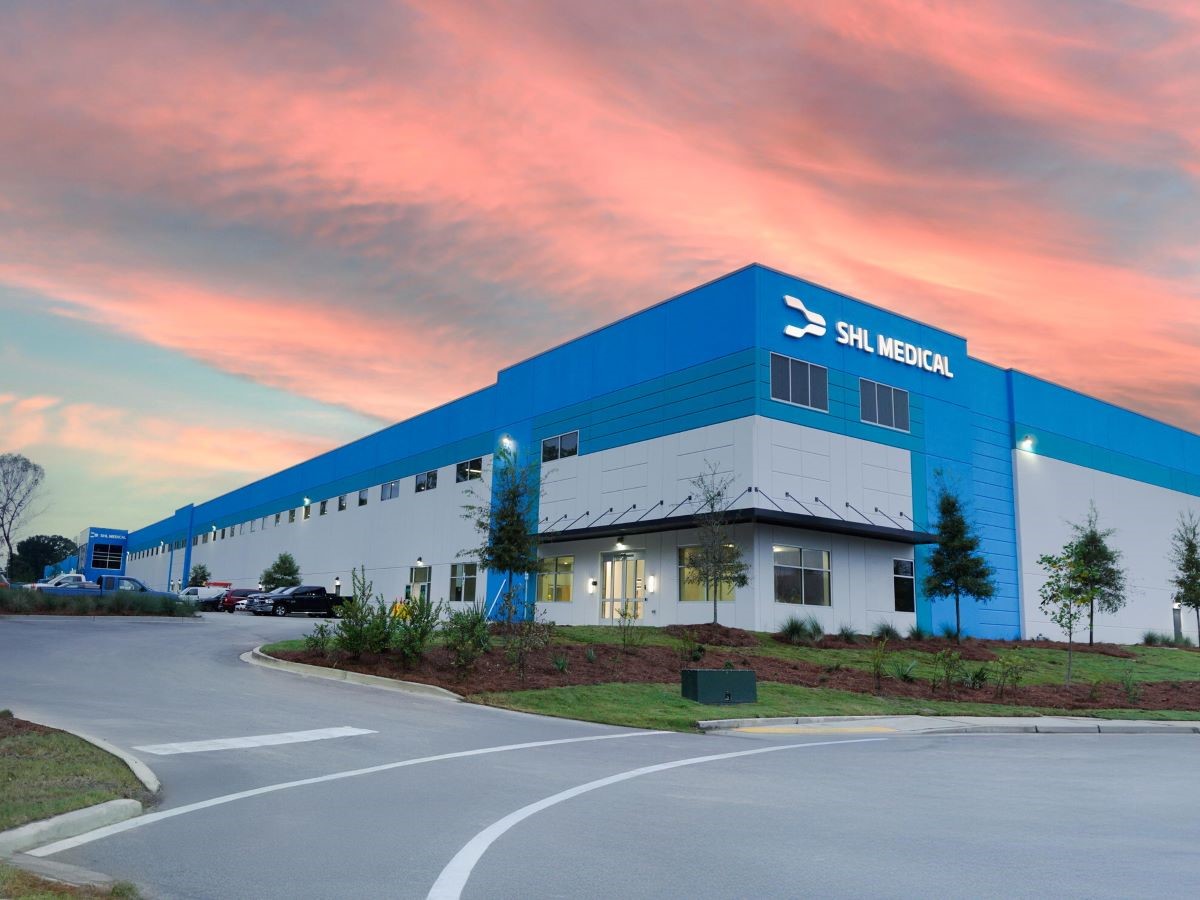
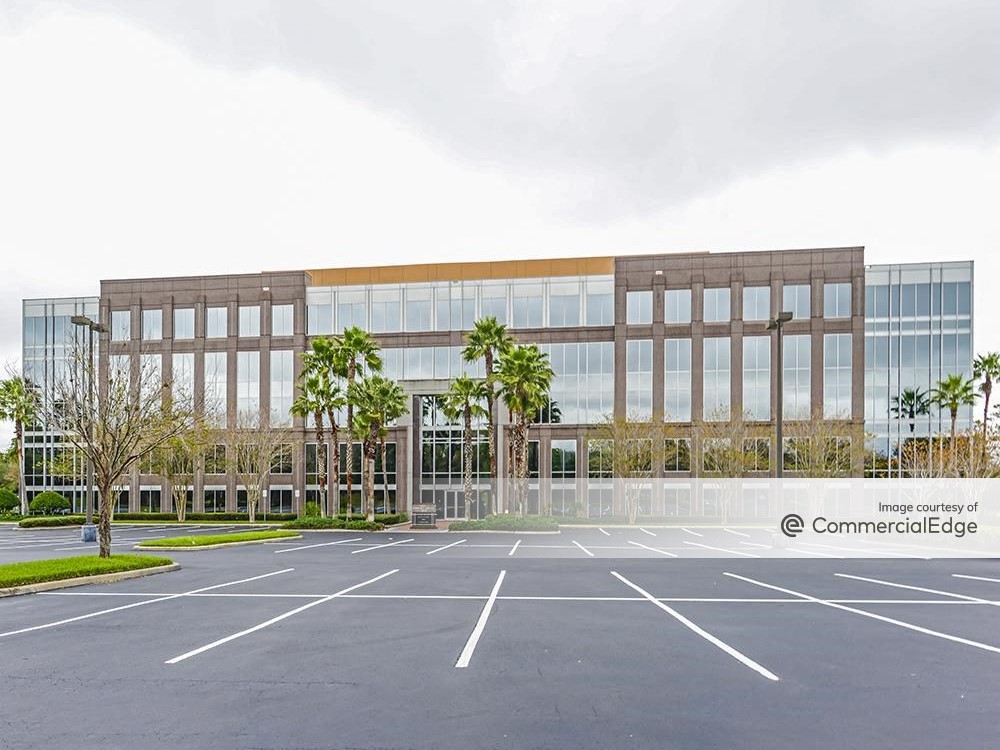
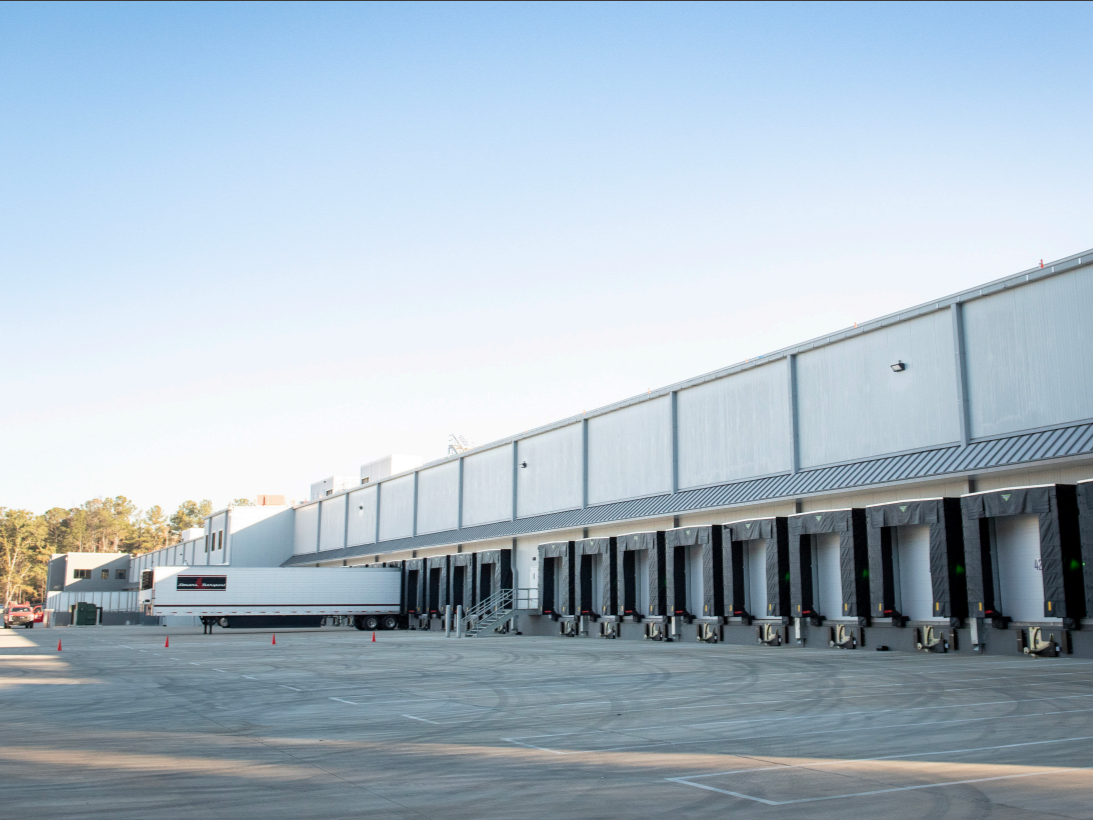

You must be logged in to post a comment.